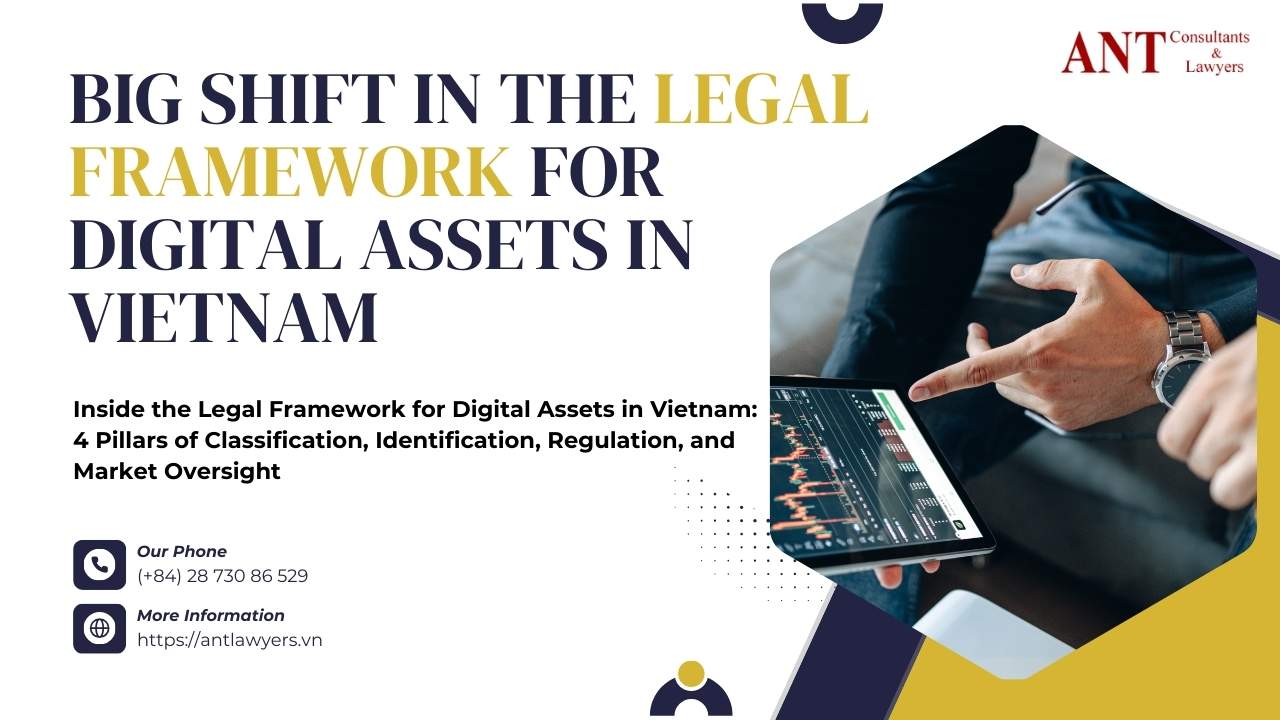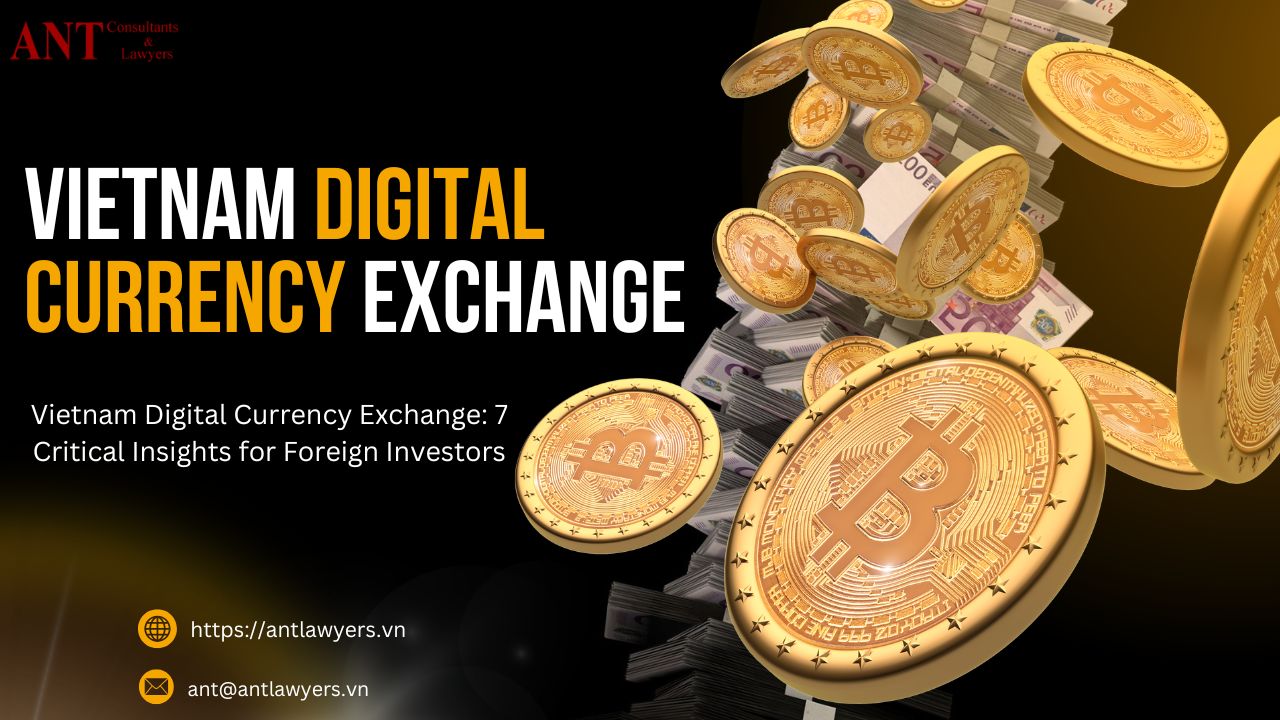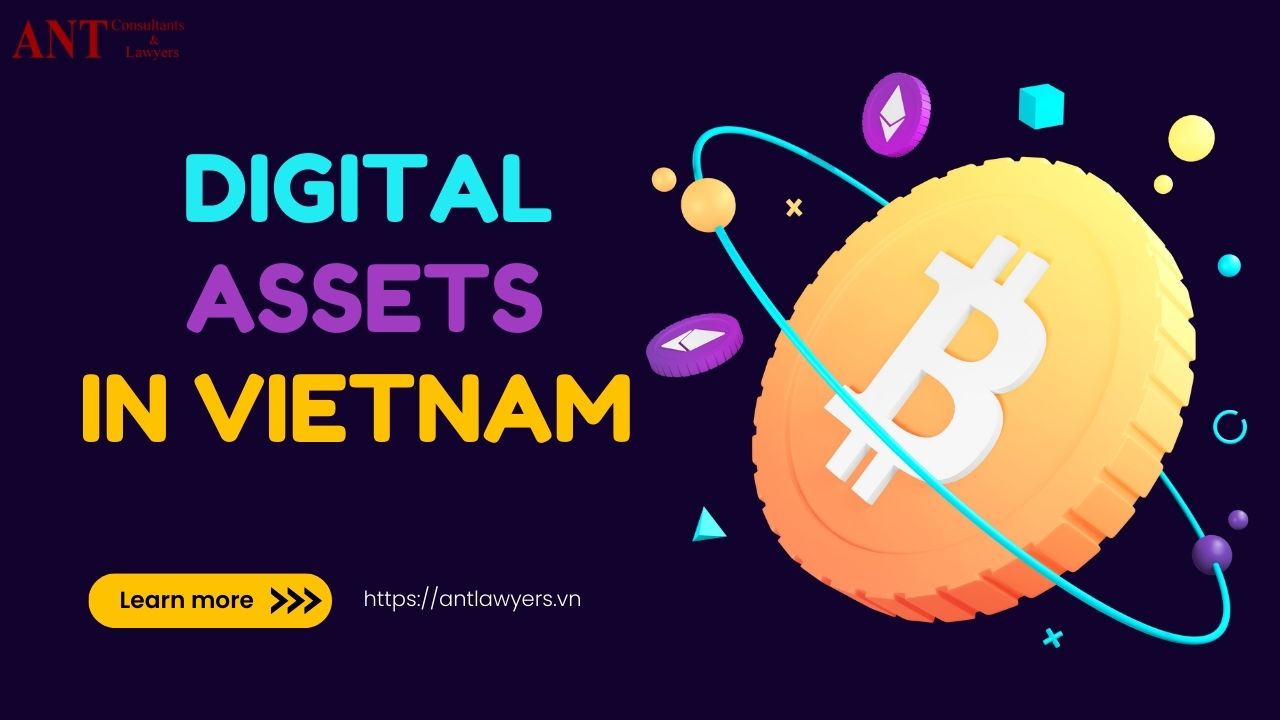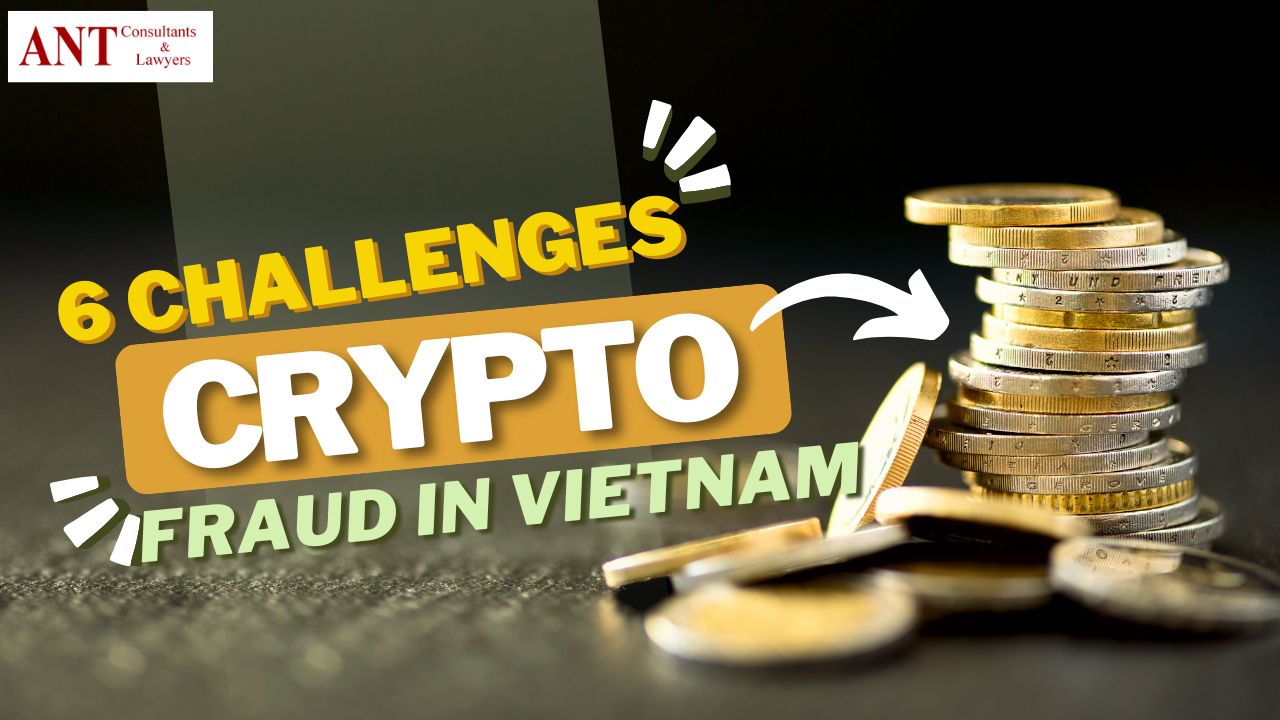Big shift in the legal framework for digital assets in Vietnam
Vietnam moves closer to regulating digital assets.
No longer a gray zone.
A legal path is forming.
Measured steps.
The legal framework for digital assets in Vietnam is no longer theory, it’s action.
The legal framework for digital assets in Vietnam is undergoing a critical transformation. After years of relative silence amidst the global digital asset boom, Vietnam is now taking its first concrete steps to define a structured and adaptive approach. The goal is to establish a regulatory foundation that can keep pace with technological innovation while ensuring market safety and investor protection.
Rather than adopting rigid laws from the outset, the Vietnamese government has chosen a cautious, pilot-based approach. This strategy allows regulators to experiment, gain insights, and fine-tune policies before full-scale implementation. It also helps mitigate systemic risks during the early stages of development.

Classification and Identification
A central component of the legal framework for digital assets in Vietnam is the accurate classification and identification of digital assets. Not all encrypted instruments should be considered cryptocurrencies, and not every application of blockchain technology qualifies as a financial asset.
According to proposals from the Vietnam Ministry of Finance, digital assets in Vietnam can be grouped into four primary categories. These include cryptocurrencies without underlying assets such as Bitcoin and Ethereum, tokenized representations of real-world assets like real estate or company shares, non-financial utility tokens used in digital ecosystems such as software access or membership benefits, and non-fungible tokens that represent unique items in areas like digital art and online games.
Each of these categories has its own characteristics and risks. Therefore, the regulatory treatment must be tailored to the nature of each asset. A decentralized cryptocurrency requires a different regulatory approach than a token issued by a domestic corporation. Likewise, an NFT representing a digital artwork should not be governed in the same way as a tokenized bond.
Issuance and Regulation
Another key element in the legal framework for digital assets in Vietnam is the regulation of token issuance. Not every individual or company should have the freedom to issue tokens and offer them to the public.
The framework must clarify who is eligible to issue digital assets, under what legal and technical conditions, and what level of disclosure and transparency is required. During the pilot phase, only entities that meet specific criteria such as licensed fintech companies, blockchain service providers, and publicly listed firms will be allowed to issue tokens. These issuers must submit comprehensive documentation including whitepapers, technical specifications, investor protection strategies, and clear distribution models to relevant authorities.
Trading and Exchange Oversight
Trading digital assets presents a wide range of regulatory challenges. A strong legal framework for digital assets in Vietnam must address both centralized and decentralized trading platforms.
Centralized exchanges can be regulated through licensing requirements, mandatory identification of users, transaction reporting, and operational transparency. On the other hand, decentralized platforms operate without intermediaries and allow peer-to-peer transactions across borders, making them significantly harder to supervise.
Instead of banning decentralized trading outright, Vietnam can follow global practices by encouraging the use of platforms that meet compliance standards. The government can also introduce real-time monitoring technologies and require key players such as market makers and token issuers to provide regular compliance reports.
Taxation and Financial Responsibility
Token transactions often generate significant profits, whether at the individual or institutional level. Without a proper legal framework for digital assets in Vietnam, such transactions may go untaxed and result in lost state revenue.
The Ministry of Finance has proposed a model in which all participants in the digital asset ecosystem, including issuers, traders, and custodians, must report their activities and fulfill tax obligations. Implementing this system will require technical infrastructure such as wallet identification, tracking of funds transferred between bank accounts and digital wallets, and collaboration with global trading platforms.
Given the limited domestic experience in taxing non-traditional assets, a controlled pilot phase will provide valuable insight into enforcement challenges and technological requirements.
Market Supervision and Technology Integration
Supervision is essential for any robust legal framework for digital assets in Vietnam. However, the decentralized, encrypted, and borderless nature of digital assets poses unique enforcement difficulties.
To address these challenges, regulators must embrace advanced technologies and digital governance strategies. Authorities should build capacities in blockchain analytics, artificial intelligence, and big data to detect irregularities in real time. These tools can help regulators identify suspicious transactions, monitor market trends, and respond proactively to potential threats.
Furthermore, Vietnam can strengthen market oversight by creating a national risk-monitoring center, promoting cooperation among agencies such as the Ministry of Finance, the State Bank, law enforcement, and the Ministry of Information and Communications. Engaging in international partnerships to share data and coordinate regulation will also enhance Vietnam’s ability to manage risks in the digital asset space.
About ANT Lawyers, a Law Firm in Vietnam
We help clients overcome cultural barriers and achieve their strategic and financial outcomes, while ensuring the best interest rate protection, risk mitigation and regulatory compliance. ANT lawyers has lawyers in Ho Chi Minh city, Hanoi, and Danang, and will help customers in doing business in Vietnam.
How ANT Lawyers Could Help Your Business?
You could reach ANT Lawyers in Vietnam for advice via email ant@antlawyers.vn or call our office at (+84) 24 730 86 529




